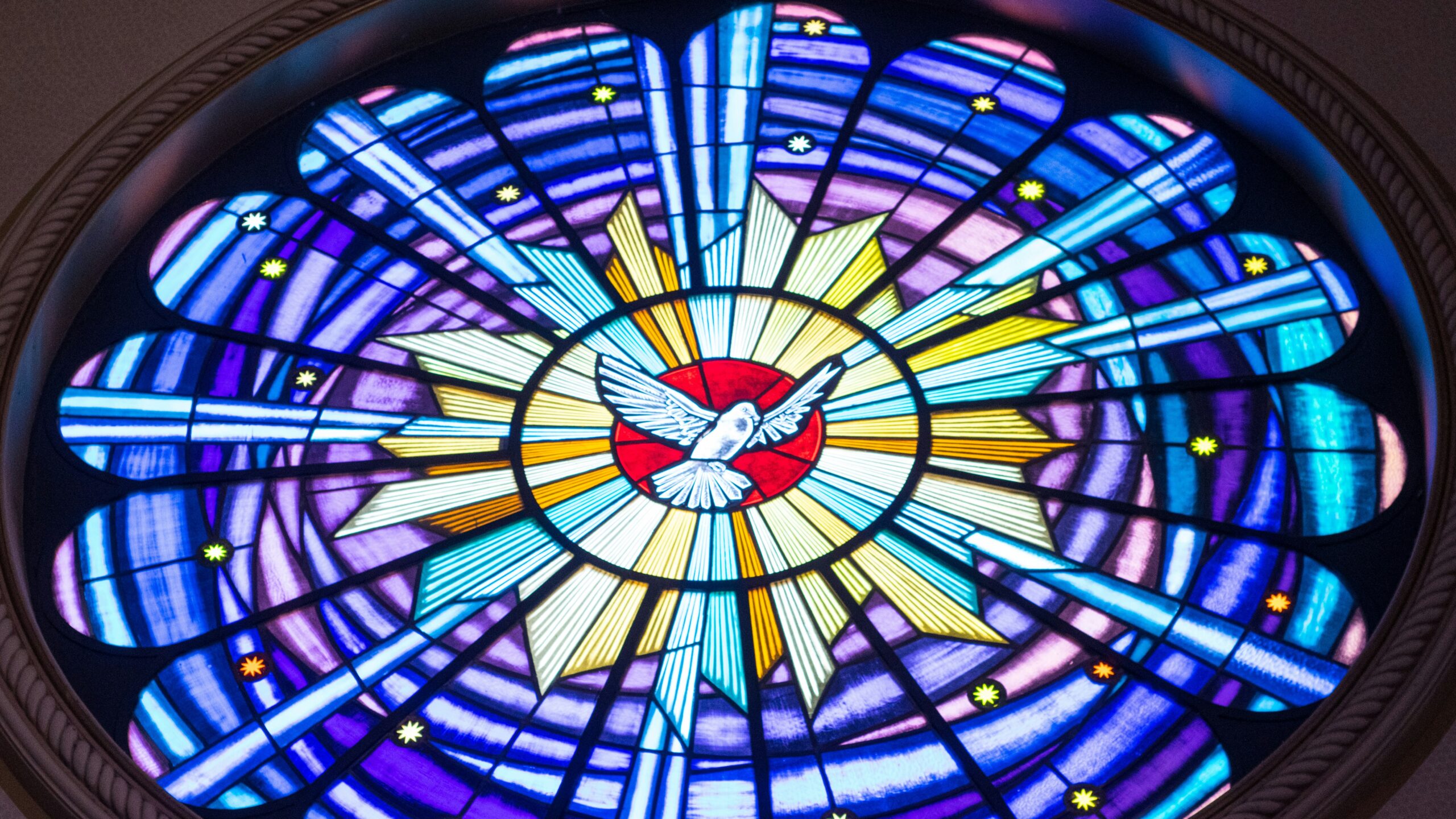I remember my high school year going to my home church, a Korean immigrant church in Glenview, IL, participating in an early morning prayer worship service with my mother. Particularly during the new year, my mother would bring me and my sister to these week-long prayer services to start the new year. With anticipation and an anxious heart, I would go into a sanctuary to worship and pray. There, I heard loud cries saying “Jesus” or “Joo-Yeo” (“Lord”) from the people gathered. I would try to focus on my own prayers, amid loud sounds and voices filled in the sanctuary. At times, I would hear people praying in tongues, which later I learned its technical term, “glossolalia,” but also its implication: the movement of the Holy Spirit working in our hearts and bodies.
Later in my professional life, as an ordained elder in the United Methodist Church, I found a chapter called “Tongsung Kido (Pray Aloud)” written and recorded in our denomination’s Book of Worship. “Tongsung Kido” is something I have personally encountered and embraced since high school. It occurs when a congregation comes together to pray passionately and wholeheartedly, whether through petitions, supplications, or heartfelt lamentations. Those participating in “Tongsung Kido” pray aloud together, seeking the empowerment of the Holy Spirit in their lives and within the church community.
“Tongsung Kido” as well as the practice of speaking in tongues is not uncommon in many Korean congregations and is seen as a manifestation of the Holy Spirit at work. According to the Book of Worship, “The Holy Spirit enables our prayers.” Here, I wonder whether the Holy Spirit has been actively involved with Korean churches or if it is the other way around – have the Korean churches been actively engaging with the Holy Spirit? This is not a “chicken-or-egg” question but rather an honest exploration of how Korean churches embrace the Holy Spirit and how the Spirit manifests in their midst.
In the U.S., Korean churches face notable challenges—a lived reality that echoes Martin Luther King Jr.’s poignant observation that Sunday mornings in Christian America often remain tragically segregated. Despite racial and cultural disparities within Korean churches across the United States, there are valuable contributions they can offer, including leadership from those on the margins and a compassionate ear from the edges. In my experience, it seems that the practice of “Tongsung Kido” serves as a channel through which the Holy Spirit energizes the body of Christ. It is important to note that “Tongsung Kido” and the Holy Spirit are not mutually exclusive; rather, they can complement each other in fostering spiritual growth and character formation.
During a difficult period when my family faced challenges in obtaining permanent resident status in America, I vividly recall my mother attending an early morning prayer service, pouring out her heart to God for assistance. It was as if she was fervently seeking God’s attention. I joined her in prayer on occasion, and after she finished praying aloud, she appeared noticeably calmer, if not still. Despite the issue remaining unresolved, her demeanor exuded a profound sense of peace that seemed to defy explanation. Could this stillness signify a form of liberation from a society that often creates obstacles, if not outright hostility, for immigrants seeking citizenship in a land heralded for the “freedom” and “liberty” of its citizens?
In his recent book, Becoming Human, pastor and theologian Luke A. Powery highlights the work of the Holy Spirit in a world fractured by race, as the Sprit’s work humanizes the dehumanized humanity of racialized and oppressed peoples. For Powery, when a group of people is defined by “race” and racialization, the dignity and worth of their humanity are threatened. Not only does racialization dehumanize, but it also kills. It happened to Martin Luther King Jr. It happened to Vincent Chin. It happened to George Floyd. It happened to those who were and are racialized in this country.
Powery claims that the Holy Spirit is the antidote to racialized (or “raced”) humanity by opening an opportunity to engage in conversations and practices around race effectively in a dignified and pneumatological manner. What he meant by “pneumatological” is based on his understanding of the Holy Spirit’s humanizing work at Pentecost that ushered humanity into metamorphosis—transformation toward newness and wholeness of life. At Pentecost, Powery sees the emergence of something entirely new and revolutionary—a glimpse of a future where humanity is remade in the image of God by the work of the Spirit. This event symbolizes the ongoing process of transformation facilitated by the Holy Spirit, who continually molds and reshapes our humanity towards greater wholeness and dignity.
As someone who immigrated to the U.S. and now identifies as an Asian American Christian, I have encountered challenges associated with being categorized as Asian American for various reasons. For instance, Asian American theologian Jonathan Tran in Asian Americans and the Spirit of Racial Capitalism highlighted concerns about the ambiguity and lack of clarity surrounding this term. He drew upon the insights of Jay Caspian Kang, an Asian American writer, editor and television journalist, to support his viewpoint. Moreover, called as Asian American can reinforce stereotypes such as the “model minority” and perceptions of perpetual foreignness and alienation within American Christianity, as pointed out by SueJeanne Koh. These stereotypes can create divisions among people of color when discussing race, leaving many Asian Americans feeling unheard or uninvited in these conversations.
To truly embrace the transformative work of the Holy Spirit in humanizing humanity, it is essential to speak up authentically and from the heart (corage). Through prayer and vocal expression, we can challenge the myths of the “model minority” and “perpetual foreigner” that have silenced Asian American voices in racial discourse, both within and outside the church. Speaking out and up is crucial in dispelling these misconceptions, as it requires the breath, the ruach, the Spirit of God. This humanizing Spirit must be unleashed now.












